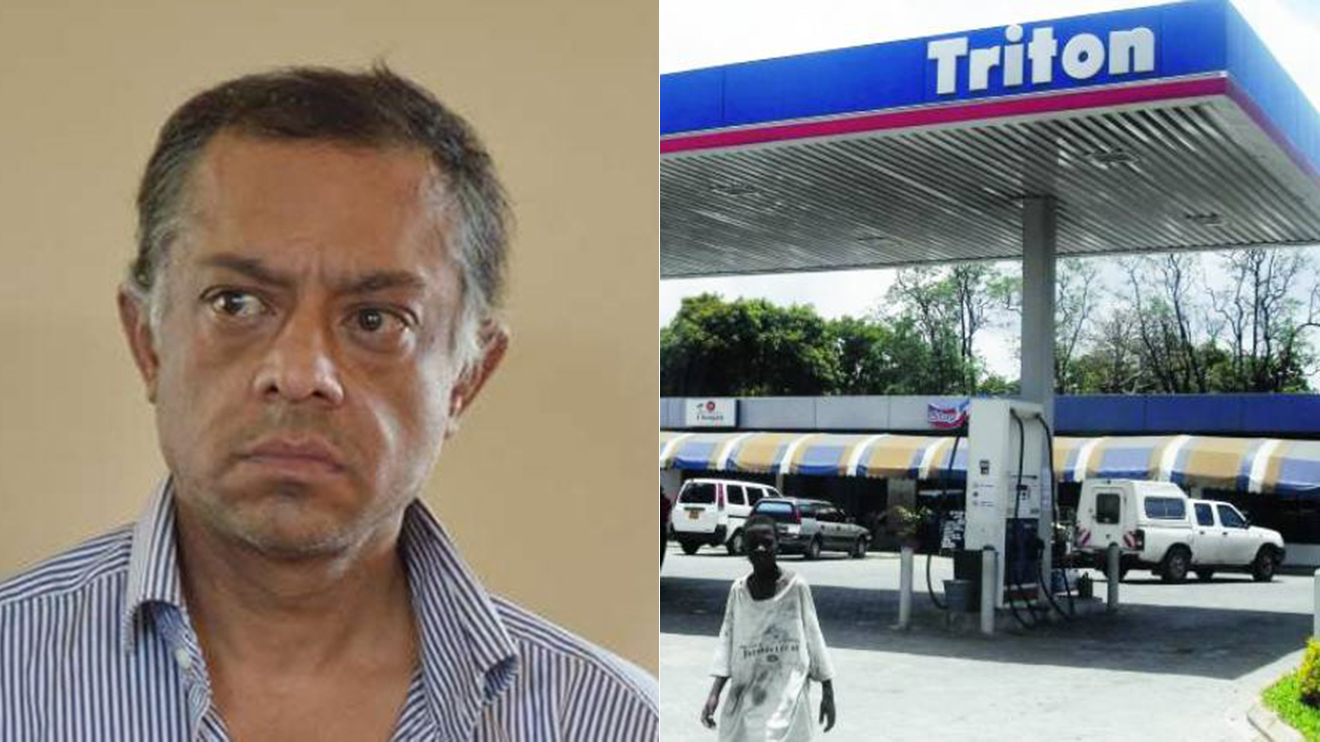After more than a decade of legal battles and fugitive escapes, Yagnesh Devani, once at the centre of the infamous Sh7.6 billion Triton oil scandal, is finally a free man.
A Kenyan court discharged the charges against Devani on Monday, citing a lack of cooperating witnesses to sustain the trial.
The businessman, who had eluded Kenyan authorities for 16 years, faced charges of embezzling billions from Triton Petroleum, yet now finds himself outside the bounds of prosecution due to witness setbacks and procedural challenges.
Chief Magistrate Harrison Barasa, presiding over the case, acknowledged that with critical witnesses unwilling to take the stand, proceeding was futile.
"This court finds itself in a precarious position as it was ready to proceed with the case. But the DPP has expressed difficulties in leading testimony. Witnesses are not willing to come forth to adduce testimony," Barasa stated.
Read More
"He is therefore left with no option but to withdraw the case until such a time when he finds evidence."
Among the reluctant witnesses was former Energy Minister Kiraitu Murungi, a key figure whose testimony was anticipated to shed light on crucial aspects of the case.
The magistrate emphasised that, despite the public interest in prosecuting the accused, the court could not move forward without these essential testimonies.
The withdrawal process began on October 9 when Senior Prosecution Counsel Elphas Ombati, representing the Director of Public Prosecutions (DPP), sought to formally end the proceedings.
However, recognising the high-profile nature of the case, the court required an affidavit detailing the reasons behind this decision.
The DPP’s affidavit highlighted two primary issues: the passing of several significant witnesses and the difficulty in locating the case’s complainant, an Emirates businessman now believed to be residing in Singapore.
Barasa based his ruling on Article 157(8) of the Kenyan Constitution, which mandates the DPP to balance public interest with the principles of justice.
"At this juncture, it would be preposterous for this court to proceed. We will be forcing the relevant agencies to proceed with a case when they have made it clear that they don't have sufficient evidence to sustain it," Barasa added.
The magistrate granted the DPP’s application under section 87(a) of the Criminal Procedure Code, which means Devani could still face trial if new evidence arises.
This decision underscores the principle that a lack of witnesses prevents a fair trial but does not necessarily clear an accused individual of wrongdoing.
Devani’s entanglement with the Kenyan judicial system dates back to 2008, when he fled the country as allegations mounted of embezzlement and fraud at Triton Petroleum.
Devani was eventually apprehended in the United Kingdom, where he fought extradition, claiming that he would face injustice and "inhumane" conditions in Kenyan prisons. Despite his objections, UK courts approved his extradition, leading to his return to Kenya in 2019.
The Triton case remains one of Kenya’s most notable corporate fraud cases, where billions were lost, causing ripples across government and private sector entities alike. Devani’s discharge signals an unresolved end, as the court leaves the door open for possible prosecution in the future should evidence materialise, hinting that the case may yet see further legal twists in the years to come.







-1757663582.jpeg)
